Last month the UN’s refugee agency warned it needed another $1.4 billion this year alone to provide “life saving aid” to South Sudanese refugees in Uganda.
Deng Mawut was at home when the rebels came. The six-year-old cowered behind his mother with his siblings. They were looking for his father, a soldier in the South Sudanese army. What happened next on December 17 2013 is etched in his memory.
The rebels turned on his mother.
“Let us slit her throat,” said one.
“No, let’s shoot her,” another replied.
Aweeng Lual had heard enough. She grabbed her children and made a dash for it as the rebels torched her house. They shot her in the back as she ran, the bullet exiting just above her shoulder blade. But she kept on going.
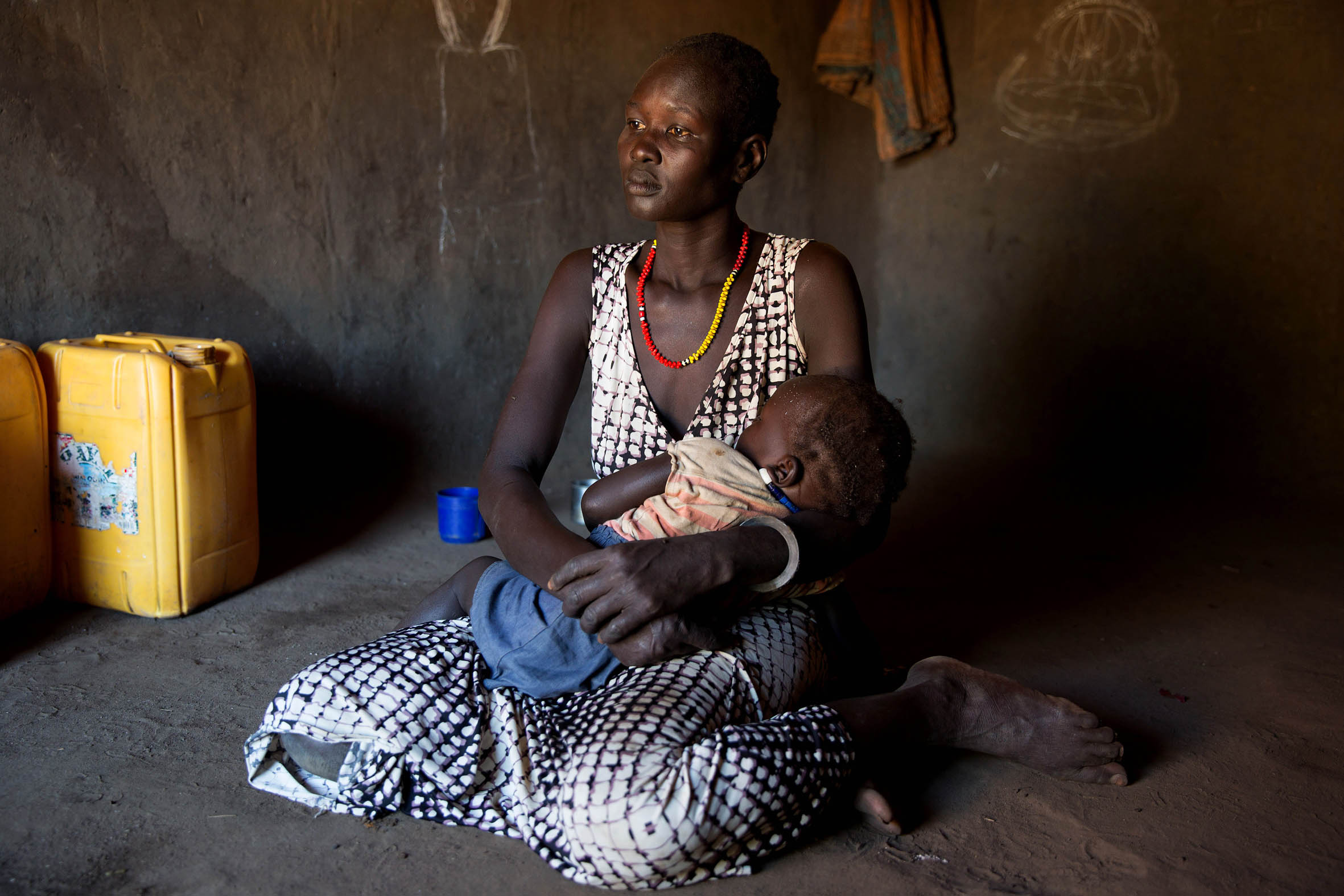
United Nations peacekeepers who rescued the family fleeing from their burning home in the town of Duk Padiet in South Sudan took Lual to hospital in the capital Juba.
In February 2014 the family arrived in a refugee settlement near the town of Adjumani in northern Uganda’s West Nile region, where Lual related her story to us.
“Living here is okay,” she says, gesturing at a huddle of rickety mud huts she and her children share with relatives.
“At least there is nothing to fear now,” she says.
But like hundreds of thousands of children who have fled South Sudan in what has become the world’s fastest growing refugee crisis, her son Deng Mawut carries terrible psychological scars from the horrors he has experienced.
When he arrived in Uganda he was sullen and withdrawn, refusing to go to school. A turning point came when his mother began to attend parent classes at a nearby early childhood development centre.“They taught me proper hygiene and nutrition — how to wash the child’s clothes and keep them clean, what to feed them,” Lual says.
Her trainer also stressed that getting her son back to school would pay handsome dividends for the rest of their lives. “The next day I took him to the centre,” she says.
Children have been worst affected by the war. Many have witnessed parents, siblings or school friends being raped or murdered. Human rights groups have documented how rebel or government soldiers occupied schools and recruited child soldiers, killing those who resisted or tried to flee. Many were separated from their parents during the conflict, not knowing if they are alive or dead, and forced to undertake the hazardous journey through the bush to the Ugandan border unaccompanied by adults.
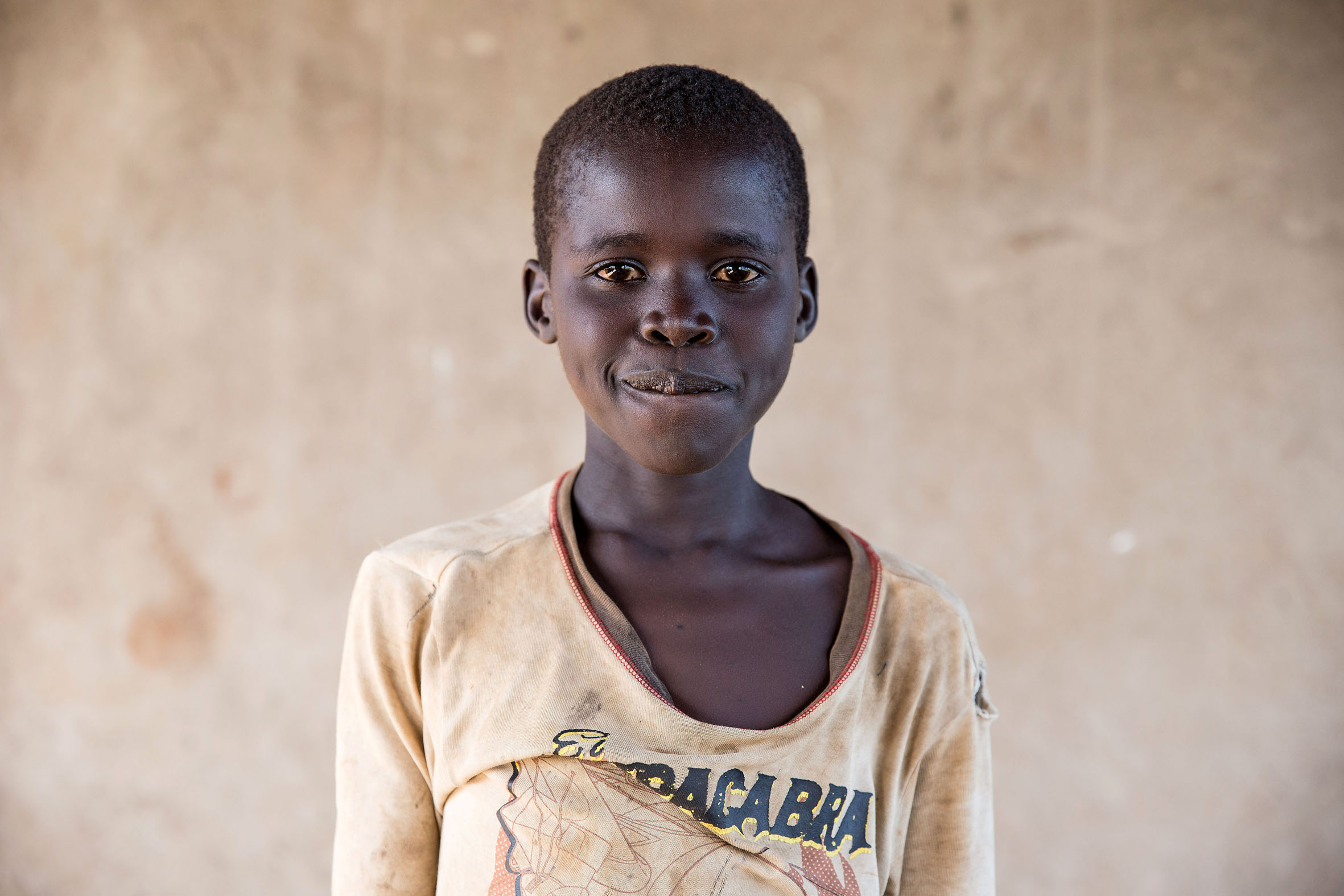
Some contract malaria on the way, weakened by walking for days without proper nourishment. Others describe being attacked or raped, or witnessing companions being killed.
To address the special needs of young children traumatized by war the UN Children’s Fund (Unicef) and other aid agencies have funded the establishment of dozens of early childhood development centres in the refugee settlements.
Unicef points to a strong scientific and economic foundation for investing heavily in a child’s early years, and the high cost of failing doing so. The UN agency cites research showing 50% of mental ability is formed during pregnancy and half of potential intelligence is developed by the age of four.
According to the research, unborn and young children who are properly cared for are healthier and better able to fully develop their intellectual, emotional, social and language skills. They tend to do better at school and stand a greater chance of becoming productive adults.
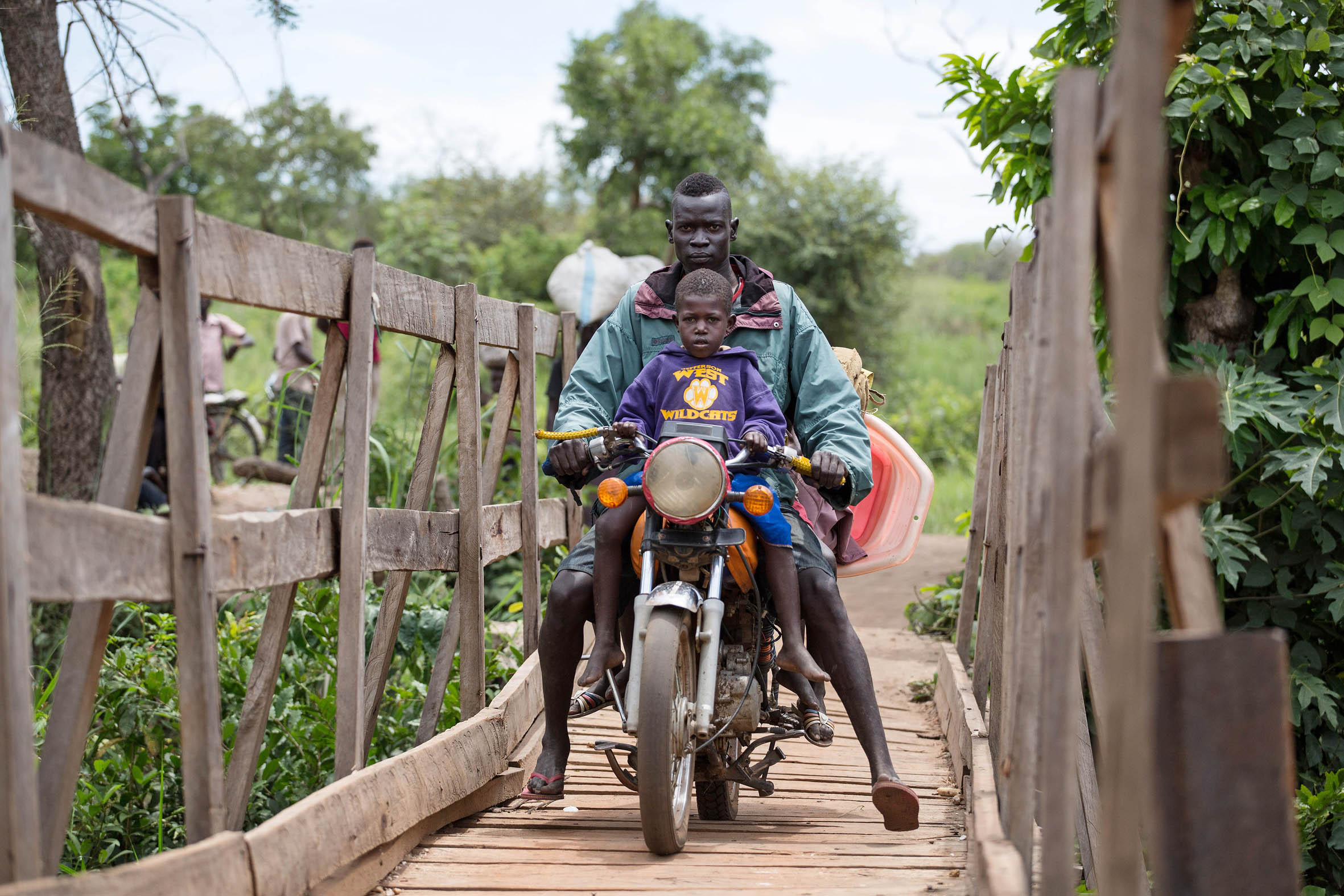
Aid money spent on young children therefore yields far greater returns than investing in any other public programme.
This is especially important for refugees who have experienced the trauma of war. “Science has proven the first 1 000 days in a child’s life are the most critical,” says Mystica Acheng, an early child development officer at Unicef. “Exposure to conflict causes toxic stress that can affect brain development, even in the unborn child.”
With Unicef’s support the Ugandan government has developed an integrated early childhood development policythat’s considered critical to achieving its ambitious economic growth targets.
It cuts across a range of government departments, including gender, education, justice, police, agriculture and health and has been extended to the refugee settlements.
With hundreds of thousands of child refugees growing up in Uganda, this approach is becoming an increasingly important economic strategy.
“People are beginning to realize the human resource is very important in transforming the economy,” says assistant commissioner for children’s affairs James Kaboggoza. “Investing in children at an early age means they are more likely to increase the GDP of this country” than becoming a burden.
Early childhood development centers in the refugee settlements are equipped with therapeutic and educational toys. These include chess sets, backgammon boards, picture story books, drawing kits, multi-colored building blocks and modeling clay. Many also provide the children with a bowl of porridge, for some their only nutritious meal a day following recent ration cuts because of donor funding shortages.
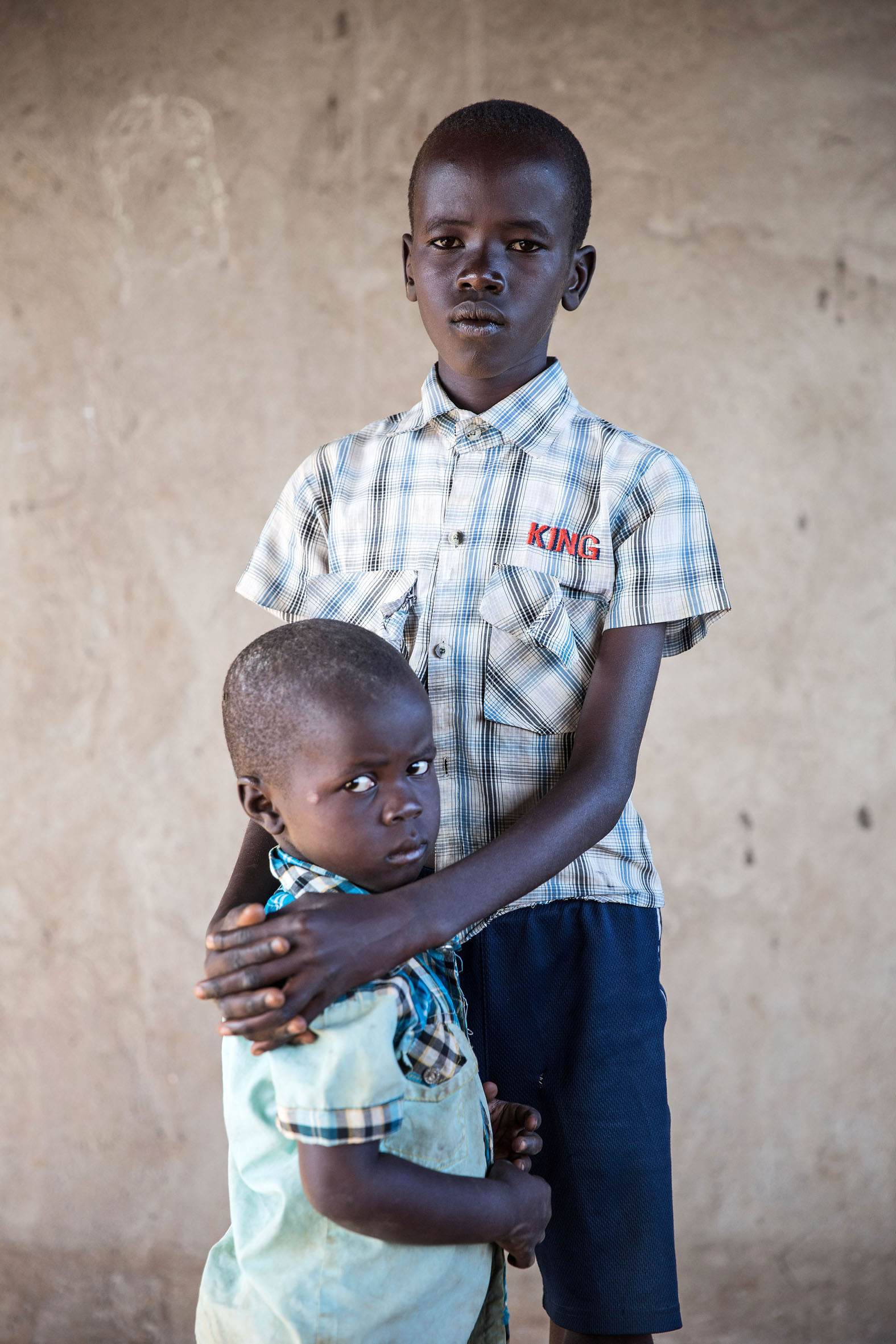
Coming after a crippling drought, this has increased the risk of child malnutrition. Pregnant women or mothers with small infants attend parenting meetings at the centres, where they are given practical demonstrations on improving hygiene practices and nutrition for themselves and their children.
They are also trained to ensure their children grow up in a safe, demonstrably loving and stimulating environment.
These interventions can lead to major improvements in the psychological wellbeing of children scarred by war.
Lual says her son Deng Mawut has undergone a remarkable transformation since he started going to the centre. From being a distant and withdrawn loner he grew closer to his mother, made new friends and this year enrolled in primary school.
“I also learned clay modeling and how to read,” says Mawut proudly displaying his handiwork: an elaborate two-story hut surrounded by a veranda.Within minutes he models a lump of clay into a long horned cow.
Leek Akuol, a refugee herself who’s been trained at a college funded by Unicef to take parent classes, has seen first hand how the programme prepares a child who’s undergone trauma to return to school. “At Deng Mawut’s age it builds a foundation for future learning,” she says.
Lual’s 18-month-old baby who was born in the settlement also benefits from the training.
“We tell them without nutrition your child will become sick,” Akuol explains. “We teach them how to eat a balanced diet with very little money. To eat some beans, greens and a little meat, not the same food every day, and to supplement breast milk with a bit of bean or fish soup after a child reaches six months.”
Classes are followed up by home visits. “I get to see what they are cooking, if they’re washing utensils, and how they are bathing their children,” she says. Shirkers are encouraged to return to class, and parents are taught not to beat their children or expose them to conflict.
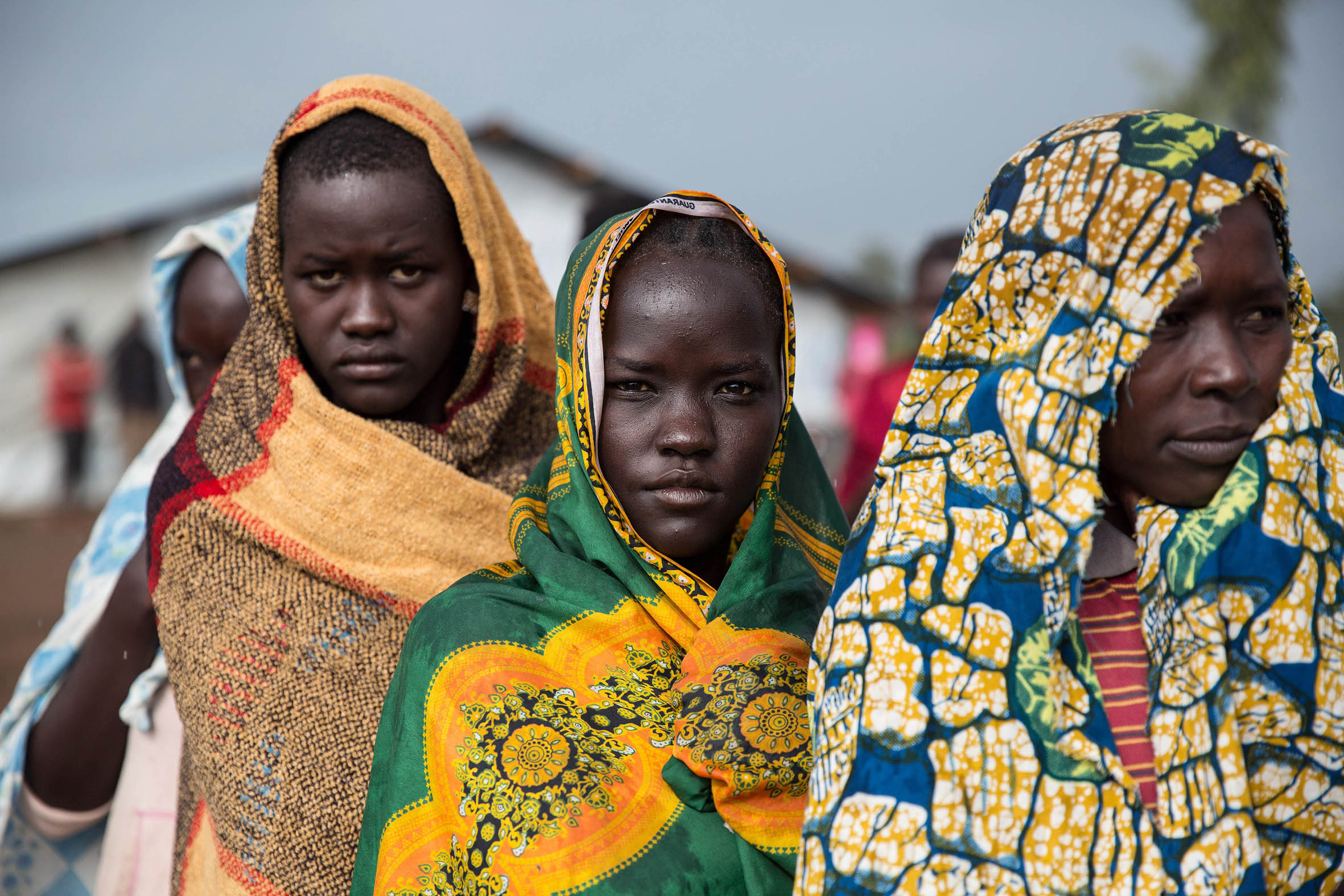
Some centers offer specialized trauma counselling through Uganda’s Transcultural Psychosocial Organisation (TPO). “Our primary goal is to make sure these children are okay psychologically,” says Crescent Mwebaze, a TPO officer at Bidi Bidi refugee settlement, the largest in the world.
Therapeutic activities range from structured play to cognitive behavior therapy sessions with trained counsellors supervised by psychologists. Soccer, netball and volleyball tournaments give refugees a sense of belonging and help integrate previously warring ethnic groups.
“In songs, drama and games we spread the gospel of love, peace, hope and forgiveness,” says Mwebaze. “It’s very dangerous when people don’t receive this kind of support. When a child is traumatized he feels helpless and wants revenge.”
Patrick Innocent James arrived at Bidi Bidi by himself last year after his father, a soldier, was killed at the army barracks where they lived in Juba. “They shot him outside our house,” says the 17-year-old, choking back tears. “I watched him die.”
Now, after receiving counseling and attending structured play sessions at the centre James has a ready smile and a sparkle in his eye. He no longer harbors thoughts of revenge and plays soccer with new friends from other ethnic groups he’d been taught to hate. “I can’t think about some of those things,” he says of the horrors he’s been through. “Now I just spend my time enjoying playing with my friends here.”
But resources are stretched thin. The settlements have far too few centres, trainers, counsellors, and psychologists. One trainer at a centre in Bidi Bidi handles between 75 and 150 children. Classrooms and clinics remain temporary structures covered in tarpaulin torn to shreds during storms.
Last week [22-23 June], Uganda hosted a refugee solidarity summit attended by UN secretary general Antonio Guterres, where donors pledged to stump up $430-million, well short of the $2-billion goal. Unicef says it needs another $50-million in 2017 and $30-million each year from 2018 to 2020 to fund its programmes. Last month the UN’s refugee agency warned it needed another $1.4-billion this year alone to provide “life saving aid” to South Sudanese refugees in Uganda.
Unicef says it needs another $49-million this year alone to fund its programmes.
“Only about 20% of the need is met,” says Mwebaze. “We are overwhelmed.”
This report was supported by Unicef.